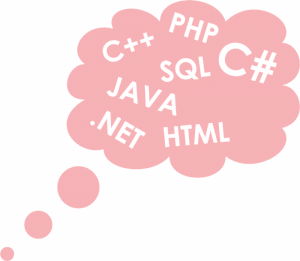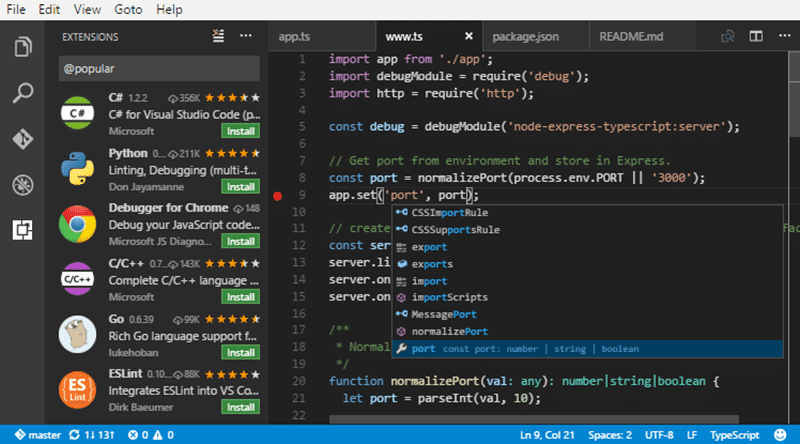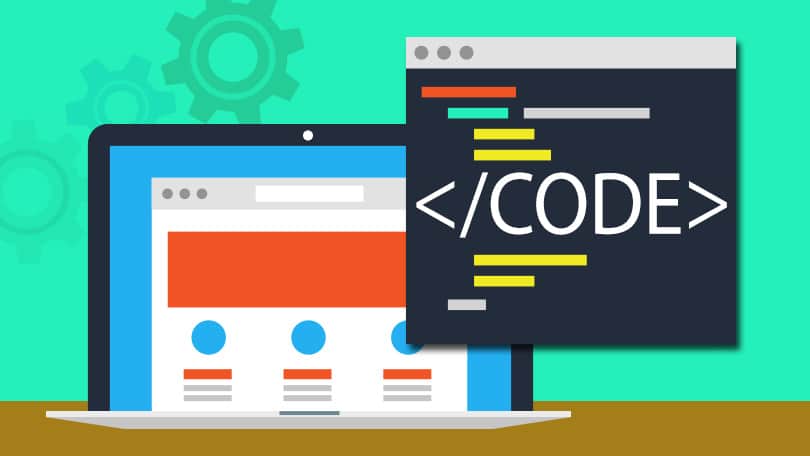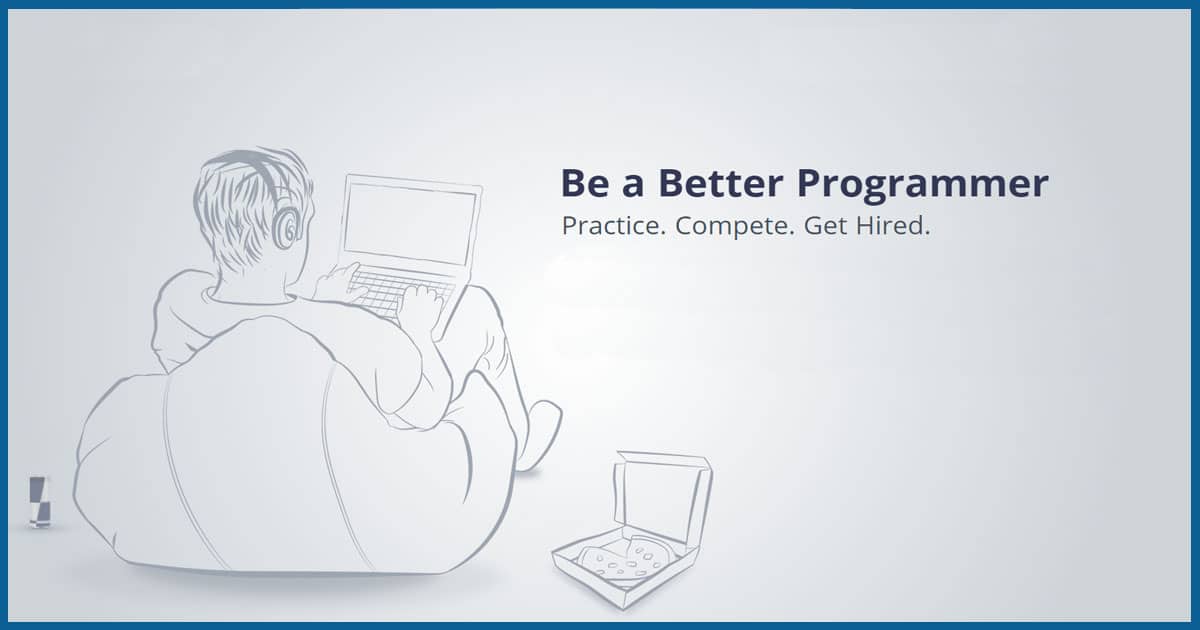As an aspiring programmer, you should always remember that programming isn’t a typical subject; you can learn it by following your college syllabus or by making the same programs listed on the internet for decades.
Programming is a set of activities like evaluating, understanding, creating algorithms, verifying algorithms such as their correctness and resource consumption, and implementing those algorithms in a target programming language. With advancements in artificial intelligence (AI), programmers can now leverage AI-powered tools to streamline learning, automate repetitive tasks, and enhance coding efficiency.
As an aspiring learner of any programming language, you should have enough motivation, interest, and discipline. If you are open to gaining new knowledge and ready to practice the acquired skills, then you will succeed in learning that language. Additionally, utilizing AI-based code assistants like GitHub Copilot, ChatGPT, and Tabnine can significantly speed up your learning process.
In this article, I’m going to mention some important tips on how to learn any programming language easily, faster, and be productive at the same time.
Contents
1. Pick up the right programming language for your work
Computer programming languages include JavaScript, SQL, Python, C++, Java, PHP, Ruby, and many more. Each of these languages has its specific applications. Therefore, you will take a great step forward by trying to know your goal so that you will be able to learn the right programming language.
Conversely, if you fail to set your direction right, you will be beating the air. AI-powered tools like CodeSignal and GPT-based advisors can help you choose a language based on your career goals.
2. Master the basics of that Programming language
Most aspiring programmers rush through the fundamentals and head straight for the advanced programming concepts. Probably they assume that the basic concepts will waste their precious time.
However, this tactic usually ends up backfiring on them. They usually end up getting stuck on the advanced concepts which require some deep knowledge of the fundamentals. The learners are then forced to go back and study the fundamentals again. In doing so, they waste plenty of time.
To avoid becoming a victim, take the fundamental concepts of programming seriously. AI-driven interactive coding platforms like LeetCode, W3Schools, and Codecademy provide step-by-step guidance to strengthen fundamentals.
3. Choose the right tool
The main tool is, of course, a computer with the required configuration to run programming software. The software mainly includes IDEs, compilers, debuggers, build tools, disassemblers, interface generators, text editors, and much more. However, the tools you need depend on the type of programming language you want to learn.
Instead of using so many tools, you can directly work on a good IDE for that particular programming language. AI-assisted IDEs like Visual Studio Code with AI-powered extensions can offer auto-completion, debugging suggestions, and error detection, making the development process smoother.
4. Code as you learn
Make your learning process active rather than passive. Start juggling with the lines of code as you learn. Do not just sit back and watch tutorials or read notes hoping to implement what you are learning later. You will encounter many roadblocks that will force you to go back and start learning again.
The earlier you start trying out what you are learning, the faster you will learn. Your coding environment should be running concurrently as you learn. The most recommended way of learning is to build a project as you read through the learning material. AI-powered debugging tools like DeepCode and Kite can provide real-time insights and corrections to improve your coding efficiency.
5. Utilize online resources
There are plenty of online resources that you can use to accelerate the learning process. These resources come in different forms. They can be online tutorials, textbooks, and even online forums. If you feel that you are not understanding a certain concept, simply log into a trustworthy forum and ask members the question. You will be surprised by the plenty of answers that you will get. Video platforms such as YouTube can demonstrate to you how to arrive at a solution.
Learning platforms like Coursera and Udemy now provide personalized recommendations based on your progress, making learning more efficient. AI chatbots and virtual tutors can also help clarify concepts in real-time.
6. Code for a reason
Coding requires patience and time. If you think you can learn it within a week and become an expert, then you are fooling yourself. The more regularly you learn to code and practice, the more likely it is that you’ll start developing skills and get frequent at using syntax. But the problem is, who follows this philosophy and has that much time between working full-time, seeing family, friends, and life admin? When are you supposed to sit down and practice this “daily coding”?
The answer is your reason, dedication, and passion. Where will it come from? It will come from projects. With AI-generated project suggestions and automated code reviews, AI can keep you motivated by providing real-time feedback and improvement suggestions.
7. Take part in some coding challenges
When you are learning alone – the process may seem boring, but think of finding like-minded people or rather a community of people taking part in a challenge. There are challenges like 100HoursOfCode, 100DaysOfCode, CodeChef, Coderbyte, and many others all over the web.
Code challenge platforms like Codeforces and Hackerrank use adaptive algorithms to suggest challenges based on your skill level, ensuring continuous improvement. These platforms also provide AI-driven code analysis to help you optimize and refine your solutions.
Incorporating AI into your programming journey can accelerate learning, improve efficiency, and make coding a more enjoyable and productive experience. Embrace AI-powered tools and platforms to stay ahead in the ever-evolving field of programming!







